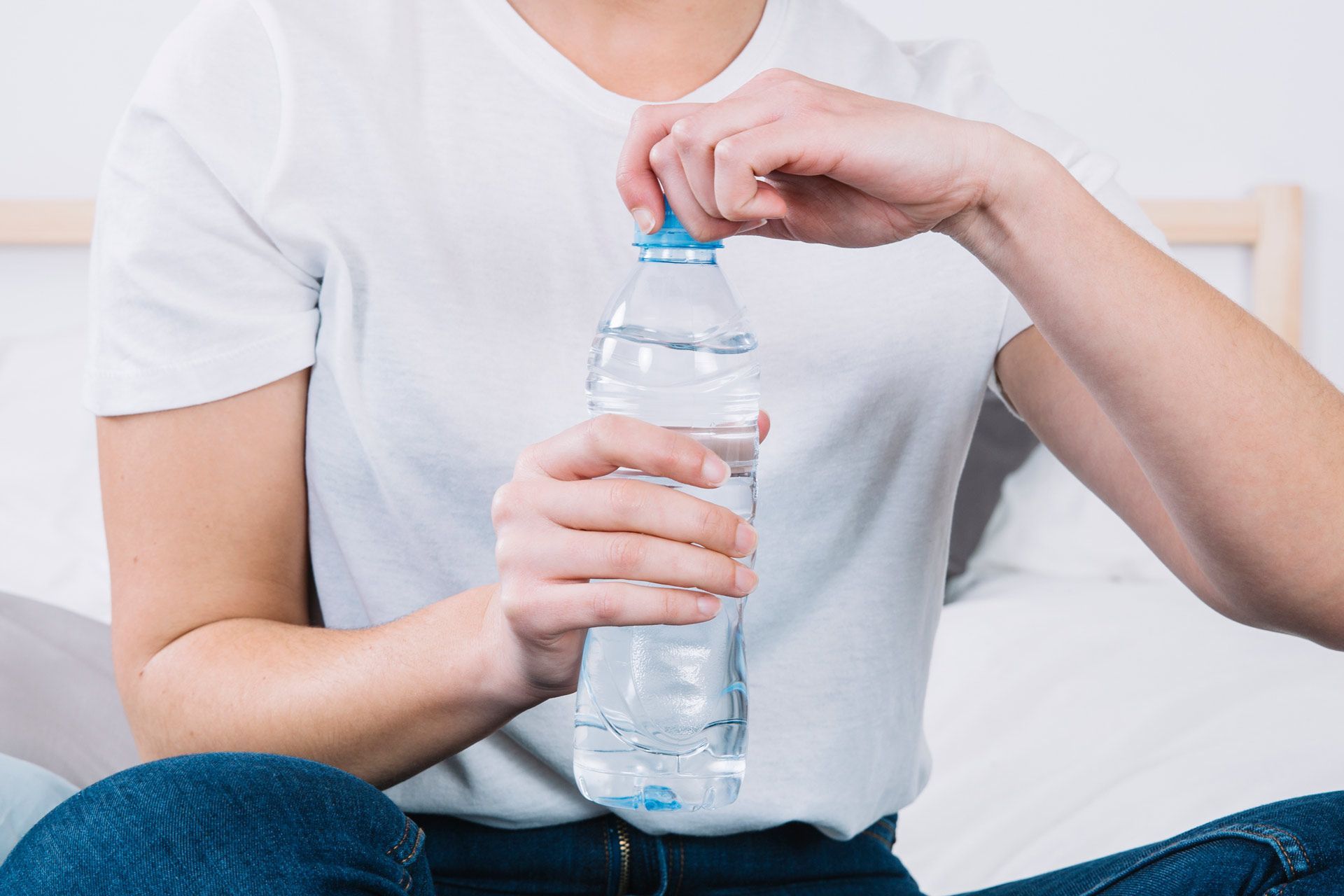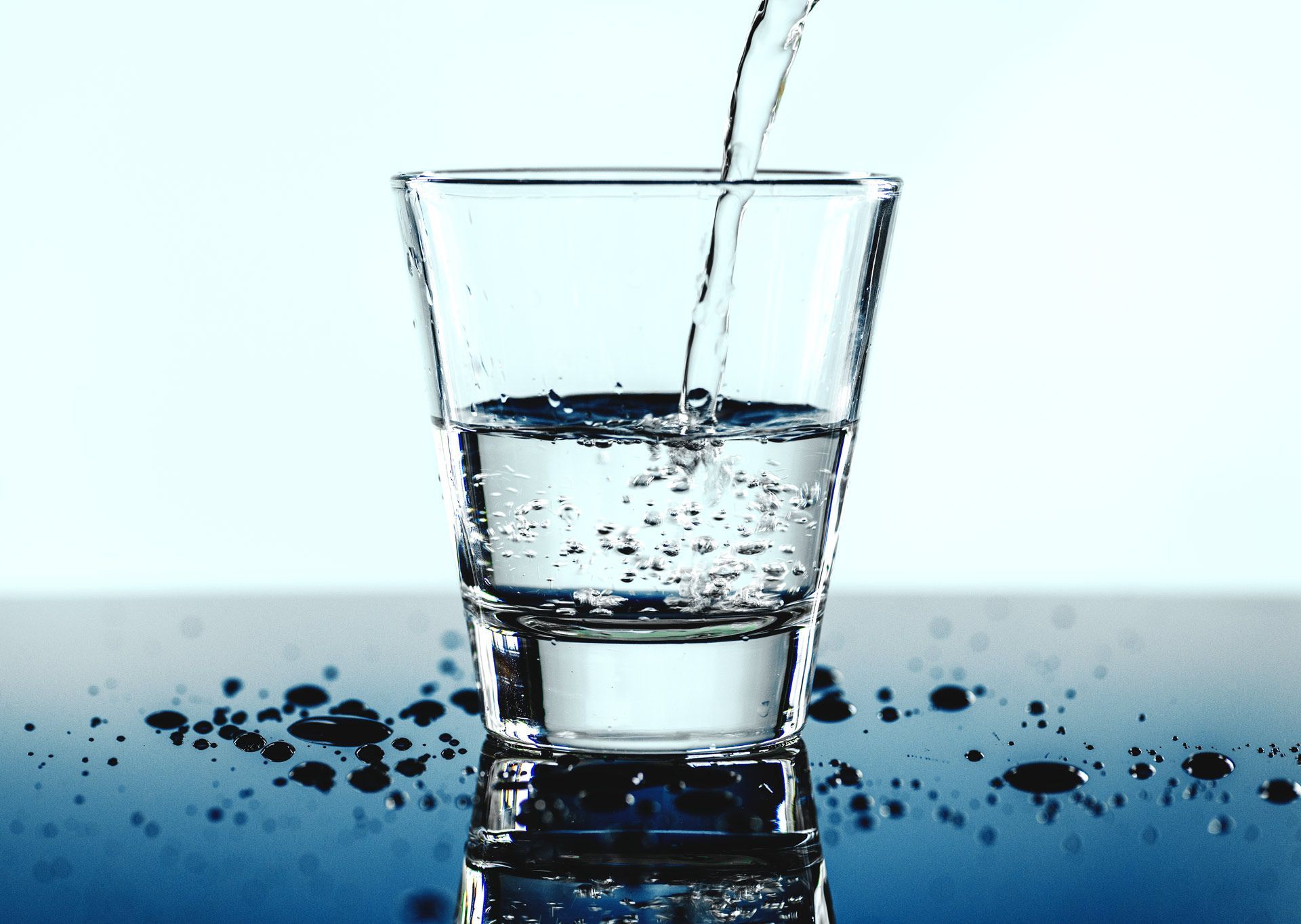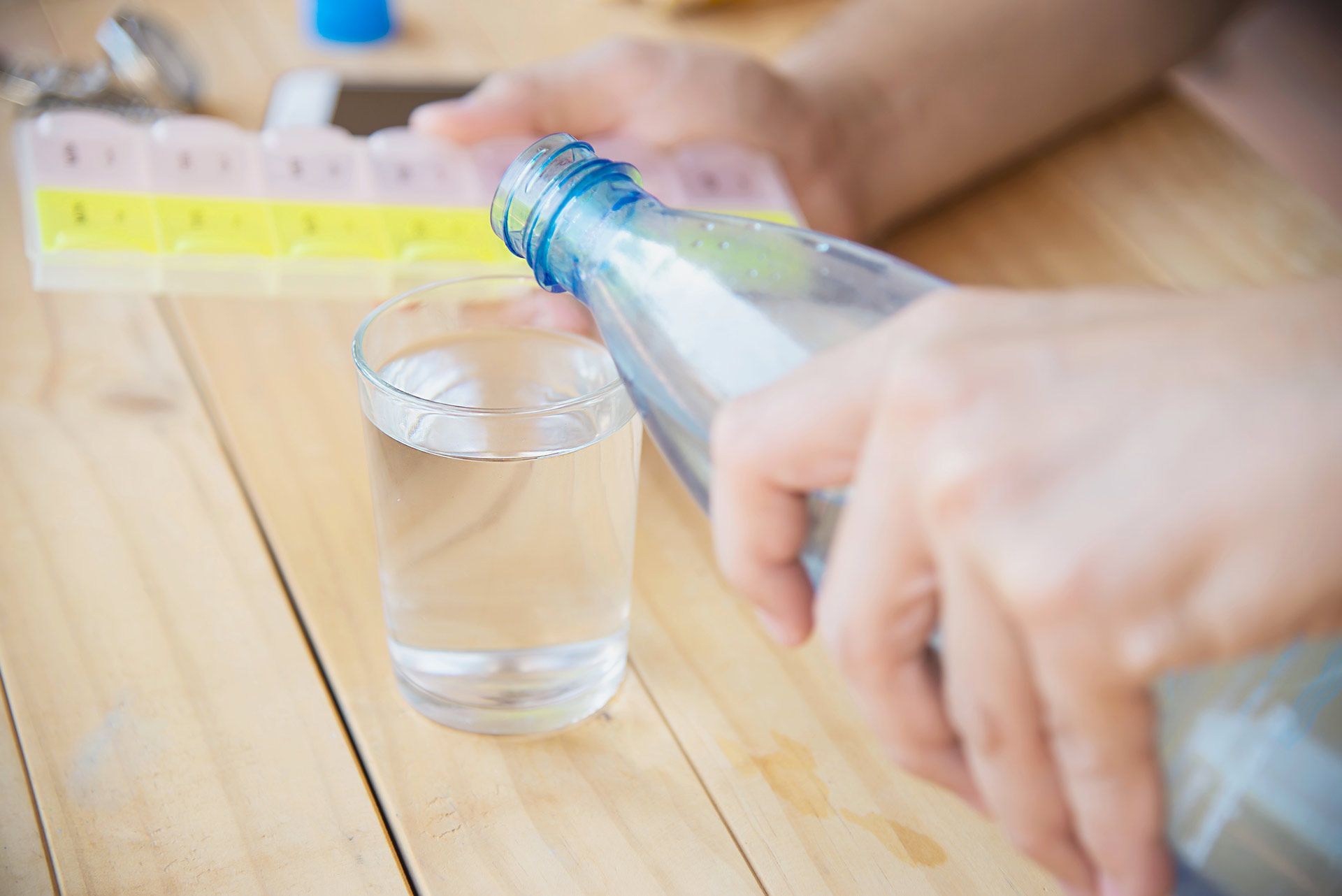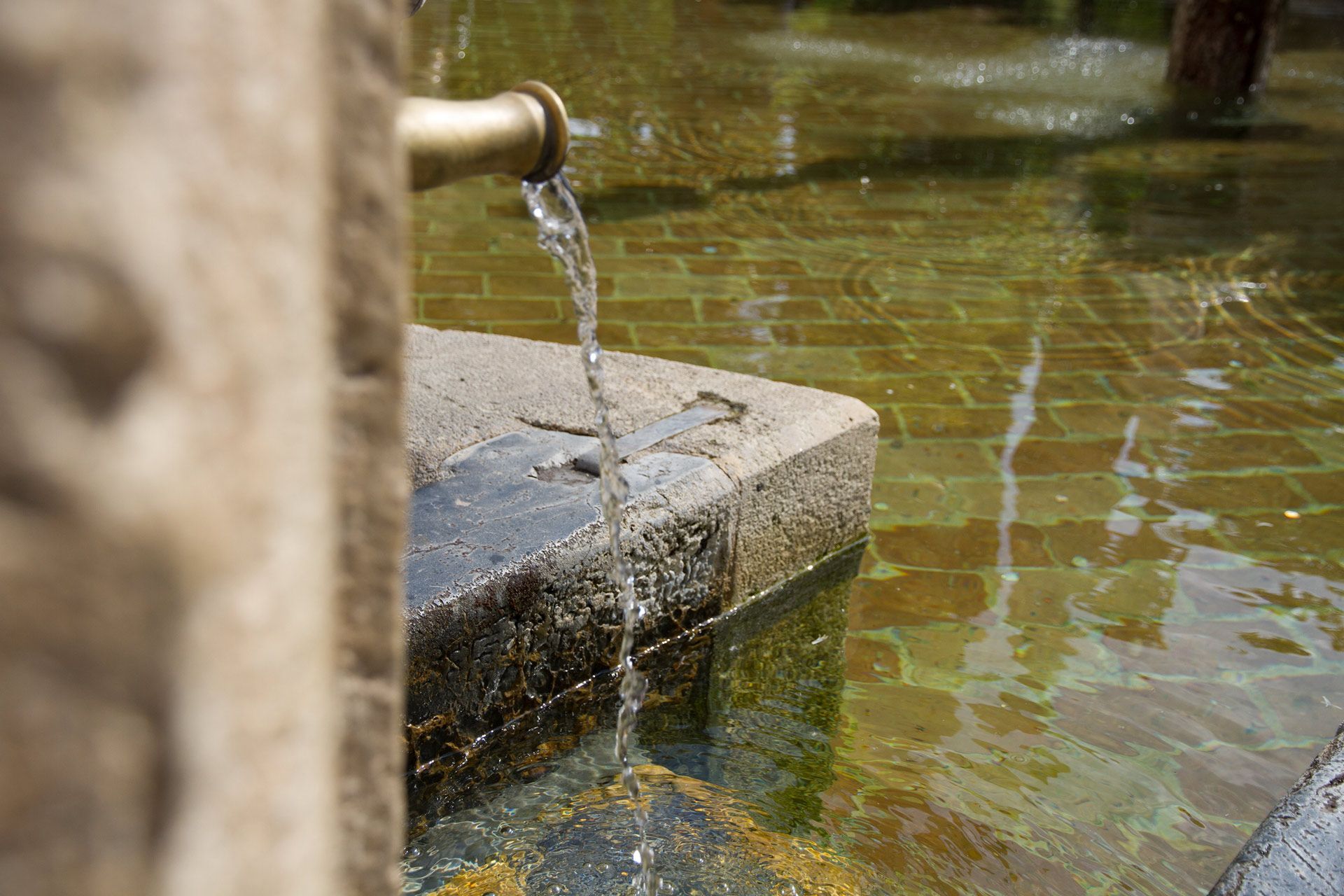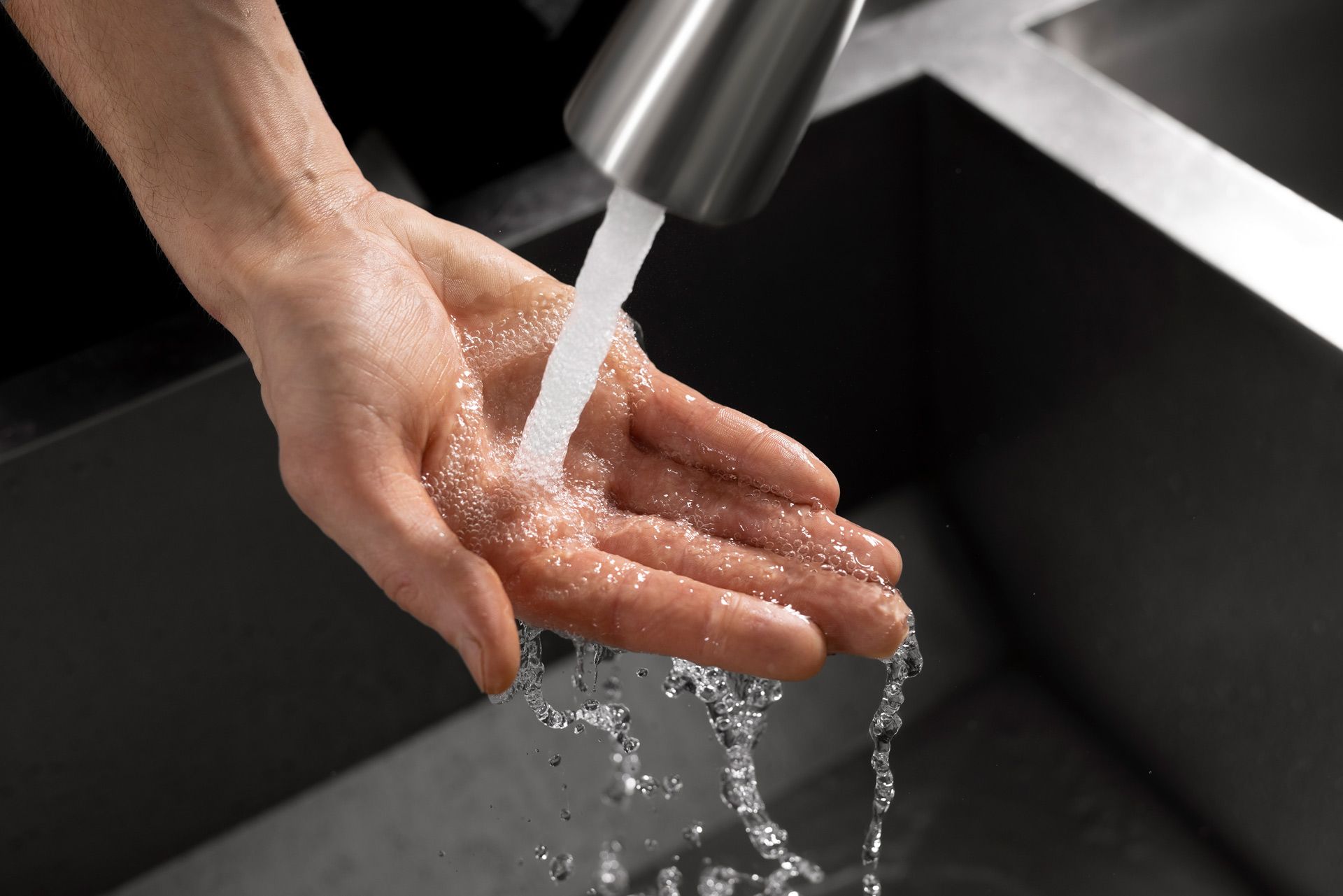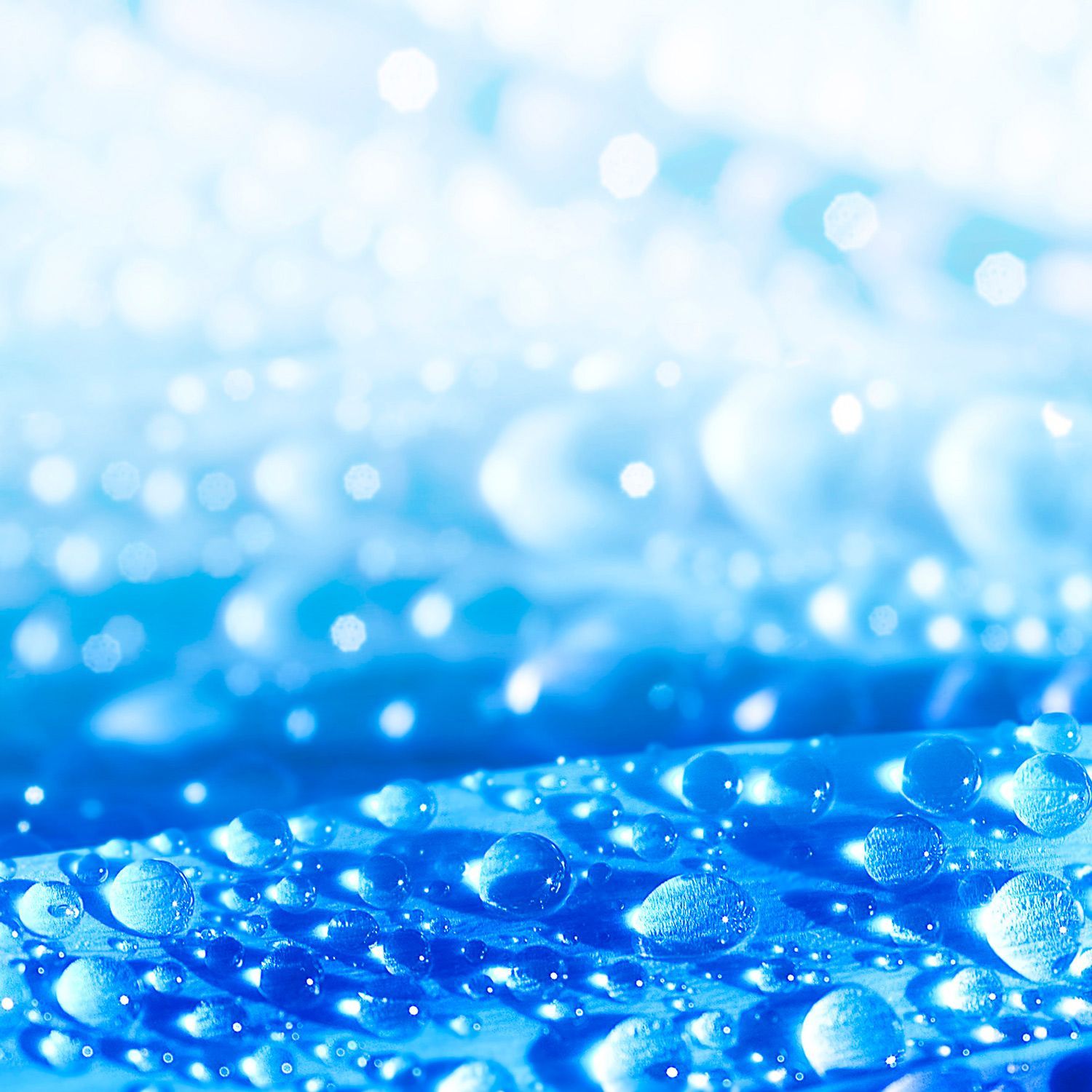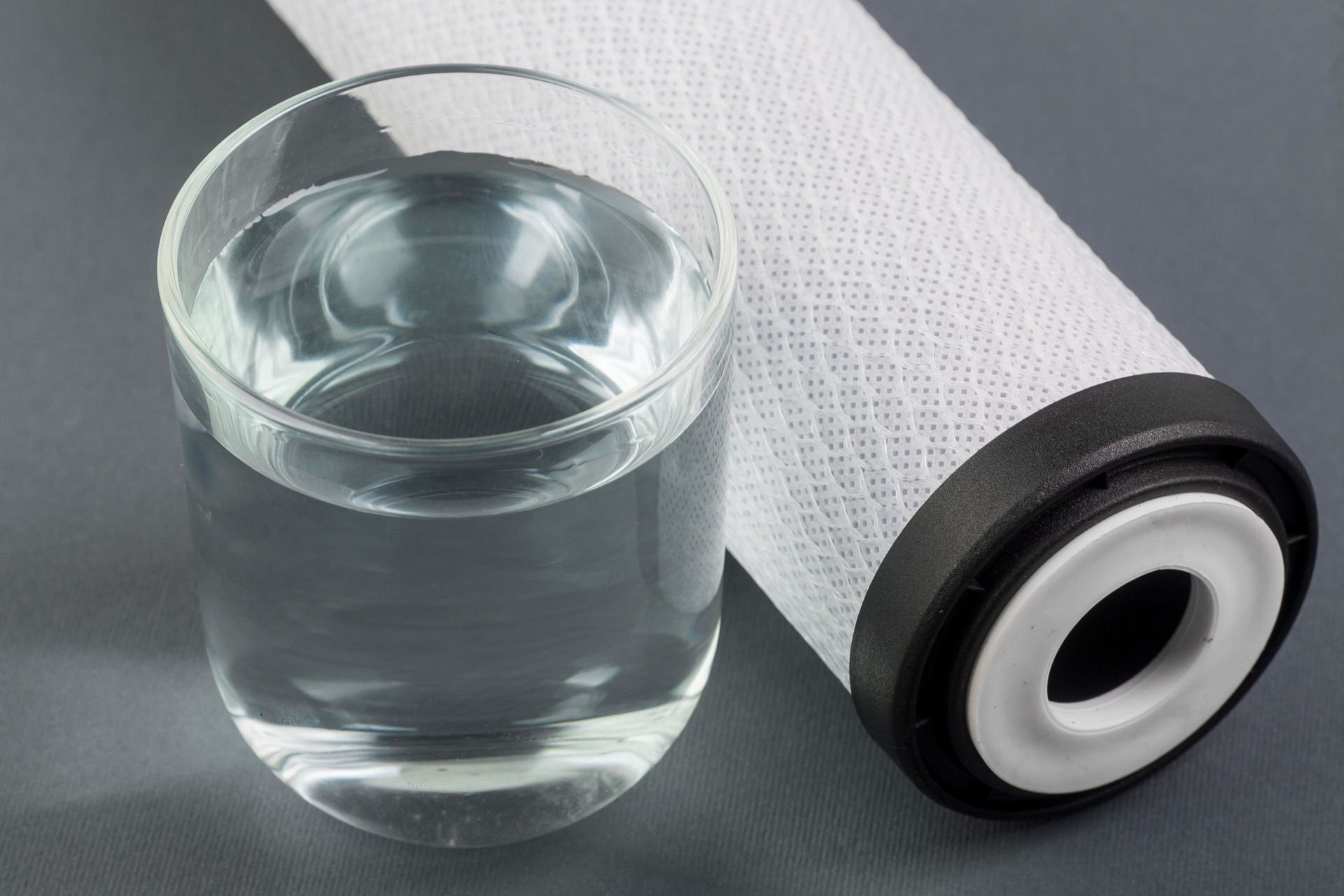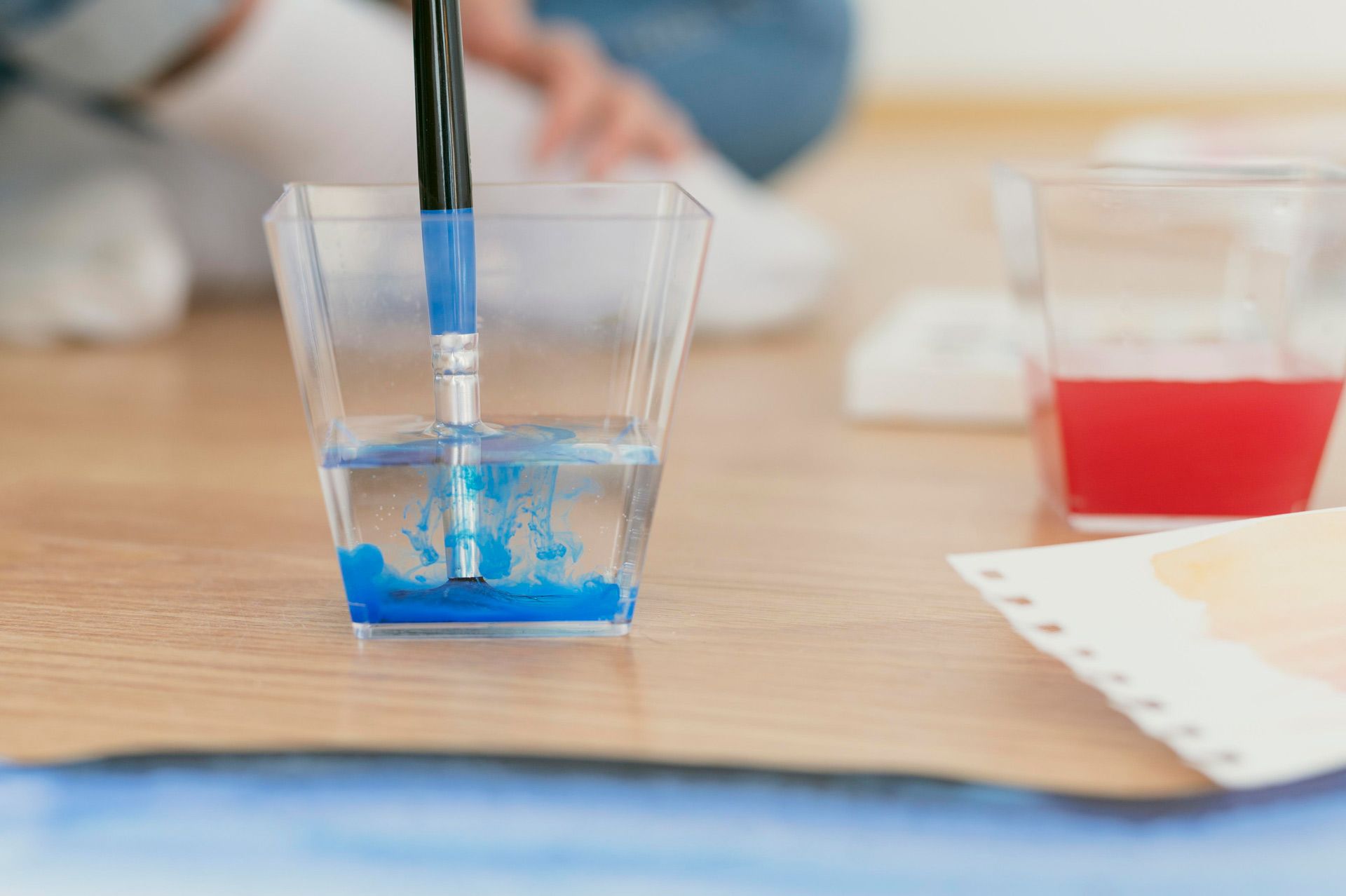What to Know Before Buying a Water Softener for Mooresville Residences
September 22, 2025
Introduction
You’re scrubbing soap scum off your shower doors more than usual. Your faucets have white crust; your coffee maker’s heating element keeps scaling up. Your hair feels dry and your skin itchy after showers.
These are classic signs of hard water. If you live in Mooresville, Indiana, you may benefit from a water softener—but not all systems are the same. Before you invest, there are several factors you’ll want to understand so you get the right system that fits your water profile, household needs, and budget.
In this post, you’ll learn what hard water is, what types of water softeners are available, what questions to ask, cost and maintenance expectations, and how to choose a provider in Mooresville.
What Hard Water Is & How Water Softeners Work
What is Hard Water
- Hard water contains elevated levels of minerals, especially calcium and magnesium.
- These minerals cause scale buildup, reduce soap performance, lead to cloudy dishes, and leave residue on fixtures.
- Many homes in the Mooresville / Indiana area draw from wells or local supply that have hardness above what is comfortable, so a softener is often beneficial.
How Water Softeners Work
Here are common softening technologies and how they work:
- Ion Exchange Softeners — Most common: minerals like calcium and magnesium are exchanged for sodium or potassium via resin. Removes hardness effectively.
- Salt-Free Conditioners / Template Assisted Crystallization (TAC) — These don’t remove hardness minerals but change their form so they don’t form scale; lower maintenance and salt use.
- Dual-Tank or Time Clock Systems — For larger households or heavy usage, having two tanks helps provide continuous softened water during regeneration.
- Magnetic / Electronic Descalers — Use electromagnetic fields to alter how minerals deposit; contentious effectiveness depending on hardness level.
How to Decide Which Water Softener is Right for Your Mooresville Home
Here are the key steps and considerations to guide your decision. Intro: Following these will help ensure you pick the best system for your home’s water profile, size, and budget.
- Test your water hardness and composition
- Measure hardness (grains per gallon or ppm), pH, iron/manganese content, total dissolved solids.
- Knowing if you have iron, sulfur, or other issues helps choose a system that can handle them.
- Assess household size and water usage
- Number of people, number of bathrooms, typical water‐using appliances.
- Peak flow demand (how much water used at busiest time) impacts sizing of the softener.
- Compare system capacities and regeneration style
- Regeneration may be timed or metered (based on usage). Metered tends to be more efficient.
- Capacity refers to how many grains of hardness the system can remove before regeneration is needed.
- Consider salt vs salt-free trade-offs
- Salt-based softeners offer more thorough hardness reduction but require salt, regular maintenance, and water discharge.
- Salt-free conditioners have fewer maintenance demands, no salt usage, but may not completely eliminate scale, especially in high hardness.
- Factor installation complexity and space
- Location of softener: main water entry point, space available, plumbing considerations.
- Need for electrical hookup, drainage, and space for salt tank if applicable.
- Estimate costs: upfront and ongoing
- Upfront costs: equipment + installation.
- Ongoing costs: salt, electricity, water used in regeneration, occasional part replacement.
Check for warranties, certifications, and service support
- Look for trustworthy brands.
- Local service provider who does maintenance and repairs promptly.
- Warranties on tanks, resin, controls.
Ask for proof and references
- Case examples or customer testimonials in Mooresville area.
- Before/after performance metrics.
- Ability to perform free or low-cost water testing.
Frequently Asked Questions
Here are real questions people often ask when considering a water softener in Mooresville, with concise answers.
How do I know how hard my water is?
You can get a water hardness test (lab or home kit) to measure minerals in grains per gallon or ppm. Many water treatment companies include hardness testing.
What level of hardness is “too hard”?
Generally, water hardness above about 7-10 grains per gallon is often noticed by homeowners. Higher levels cause scale, soap problems, and increase maintenance.
Does a water softener remove iron or sulfur smell?
Some water softeners can reduce small amounts of dissolved iron, but for visible iron or strong sulfur odor, a softener alone may not be enough—other filtration or oxidation may be required.
Will a salt-free water conditioner protect my plumbing like a salt-based softener?
Salt-free conditioners reduce scale buildup but may not be as effective in regions with very hard water. Salt-based systems are more reliable for high hardness and scale prevention.
How often will I need to maintain or service my water softener?
Maintenance depends on usage and system type. Salt-based systems require regular salt refills, periodic resin cleaning, control valve checks. Many homeowners plan for annual or semi-annual maintenance.
Conclusion
If you live in Mooresville, Indiana and are seeing signs of hard water—scale buildup, dingy fixtures, soap inefficiency—then getting a water softener can make a significant positive difference in water quality, appliance lifespan, and overall comfort of your home.
By testing your water first, evaluating your usage and household size, comparing softener technologies and costs, and choosing a local, reliable provider with solid warranties and support, you can avoid costly mistakes and pick a system that fits your needs for years.
If you would like help evaluating your water, seeing options, or getting a custom quote, reach out to a trusted water treatment company in Mooresville or nearby.


